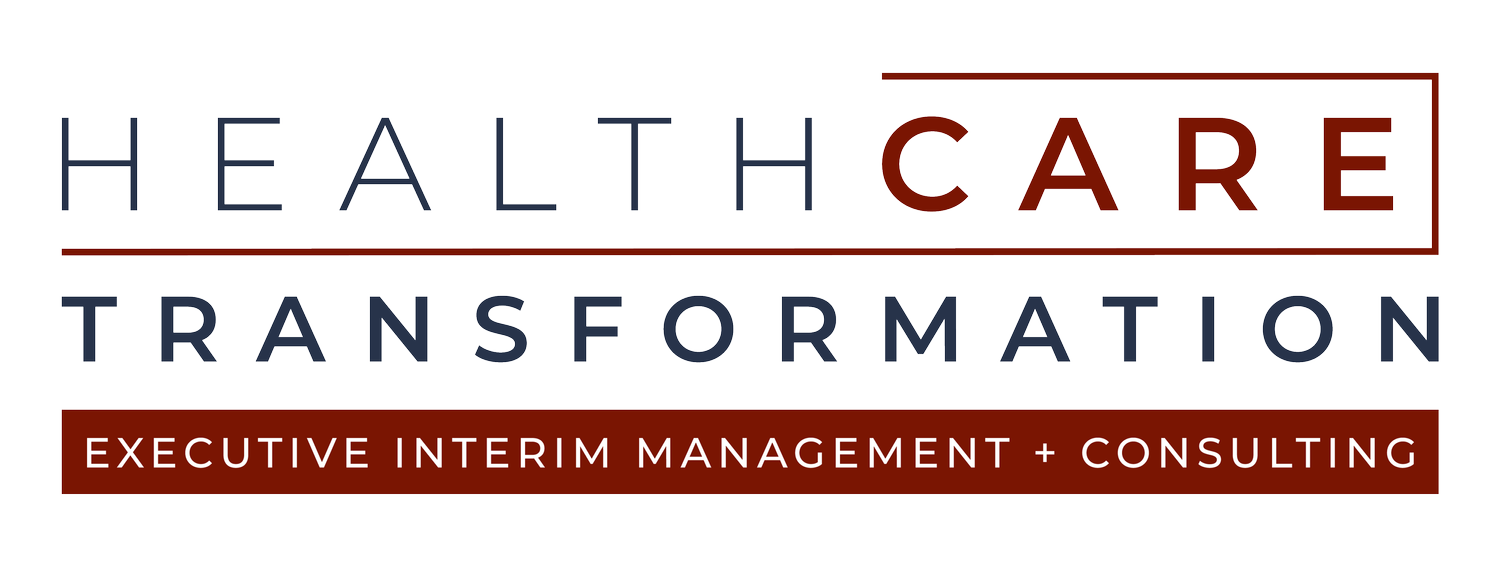How Outsourcing Healthcare Staffing Can Strengthen Your Workforce
Hospitals, clinics and care facilities everywhere are feeling the burden of staffing shortages. Between high turnover, burnout and the rising demand for specialized care, it’s getting harder to keep teams fully staffed and patients well supported.
Outsourcing healthcare staffing can be the solution organizations need to solve these gaps. By partnering with a staffing firm for the recruitment process, facilities can tap into a reliable pool of qualified professionals, ease the pressure on existing staff and stay focused on what matters most — delivering exceptional patient care long term.
The Current Healthcare Staffing Landscape
The healthcare industry is in the midst of a staffing crisis that has been years in the making. A growing demand for healthcare services, driven by an aging population and rising chronic health conditions, has collided with widespread burnout, high turnover and an insufficient pipeline of new professionals entering the workforce.
The COVID-19 pandemic made an already tough situation worse, prompting many healthcare professionals to retire early and pushing remaining staff to their limits. To keep care running smoothly, more organizations have turned to staffing firms, bringing in travel nurses, locum physicians and allied health professionals to fill the gaps.
This isn’t just a short-term solution — using contracted staff has become part of a bigger shift in how organizations are tackling ongoing healthcare staffing shortages, meeting changing patient needs and building a more flexible workforce. A study from the National Library of Medicine found that U.S. hospitals increased their use of agency staff hours by 133% between 2019 and 2022.
What Does It Mean to Outsource Healthcare Staffing?
Outsourcing healthcare staffing means partnering with an agency or consulting firm to handle the recruitment, placement and management of qualified healthcare professionals. These organizations act as an extension of yours, quickly connecting you with nurses, physicians, therapists and other medical staff to fill short-term gaps or long-term needs.
Beyond supplying personnel, many staffing firms offer workforce planning, credentialing support and compliance management, helping organizations reduce administrative burdens, streamline operations and focus on delivering quality patient care.
How Does a Healthcare Staffing Agency Work?
So, how does a healthcare staffing agency work? Through medical recruiting outsourcing, agencies first source candidates from extensive networks of qualified professionals. Each candidate goes through a thorough vetting process, including background checks, credential verification and skills assessment, to ensure they meet your organization’s standards. Once matched, the agency handles placement logistics, onboarding support and ongoing compliance management. The start-to-finish process gives your team peace of mind while maintaining smooth, uninterrupted patient care.
7 Benefits of Outsourcing Healthcare Staffing
Outsourcing healthcare staffing is a strategic approach that offers tangible advantages to healthcare organizations. By partnering with specialized staffing firms, facilities can address immediate needs, reduce operational burdens and enhance patient care. Here's a closer look at the key benefits.
1. Increased Flexibility and Scalability
Healthcare demands can fluctuate due to seasonal illnesses, unexpected surges or special projects. Outsourcing staffing allows organizations to quickly adjust by bringing in temporary candidates or specialized staff as needed. During the COVID-19 pandemic, for example, many hospitals relied on staffing agencies to manage the sudden increase in patient numbers and absences of staff due to illness.
2. Access to Highly Skilled Talent, Fast
Filling healthcare positions internally can be time-consuming. On average, it takes 37 days to fill a healthcare role. Staffing agencies can often place qualified professionals much quicker, ensuring that critical roles are filled promptly and patient care isn't compromised.
At HCT, we’re committed to placing interim healthcare leaders in just two weeks. Connect with our team to get started.
3. Access to a Broader Talent Pool
Staffing agencies have extensive networks of healthcare professionals across various specialties. This broad reach allows organizations to find the right fit for specific roles more efficiently. Agencies can also bridge location gaps, sourcing qualified candidates beyond the reach of the organization.
4. Reduced Burnout and Turnover of Existing Staff
Overworked staff are prone to experiencing burnout, which leads to high turnover. Work overload increases the risk of burnout almost three times among healthcare workers. Healthcare organizations can alleviate pressure on their in-house teams, maintain a healthier work environment and reduce turnover rates with adequate staffing levels.
5. Improved Compliance
Healthcare staffing agencies stay up-to-date on state and federal regulations, reducing legal risks. They handle credentialing, licensing and other compliance-related tasks, ensuring that all staff meet the requirements. This proactive approach helps organizations avoid costly penalties and maintain high standards of care.
6. Lower Turnover Risk
Some agencies offer trial or temp-to-perm placements, allowing facilities to assess a candidate's fit before making a permanent hire. This approach reduces the risk of turnover and ensures that new hires align with the organization's culture and needs.
7. Focus on Core Operations
Recruiting and managing staff can divert attention from patient care. When staffing is outsourced, healthcare leaders have more time to focus on strategic initiatives, innovations in care delivery and improving patient outcomes.
How Outsourcing Healthcare Leaders Benefits Organizations
Outsourcing isn’t limited to frontline or clinical staff. Many organizations turn to staffing firms to fill leadership roles. Interim executives, directors and department leaders can provide stability during transitions, guide teams through periods of change and bring fresh perspectives to long-standing challenges. This approach helps healthcare organizations avoid costly gaps in leadership while ensuring operations continue smoothly.
How to Choose the Right Healthcare Staffing Partner
Search for a company with proven industry experience — and that understands the nuances of healthcare staffing. Compliance knowledge is another must, and your staffing partner should stay current with state and federal regulations and handle credentialing and licensing efficiently.
Ask about the firm's vetting and screening processes, their access to niche talent and their track record for placing professionals who stick. Consider scalability as well — can they quickly respond to sudden staffing surges or long-term growth needs?
A staffing firm should feel like an extension of your team, understanding your organization’s culture, values and unique requirements. The best partners do so much more than fill open roles. They collaborate closely with your leadership to create workforce solutions that align with your goals and enhance patient care.
Embrace Staffing Agencies to Fill Open Roles
Outsourcing healthcare staffing can make a real difference for healthcare organizations, helping to reduce staff burnout and maintain high-quality patient care. It gives leaders access to skilled professionals quickly, ensures compliance and frees up time to focus on the tasks that matter most. Exploring a partnership with a trusted staffing agency is a practical, effective way to strengthen your workforce and keep operations running smoothly.


